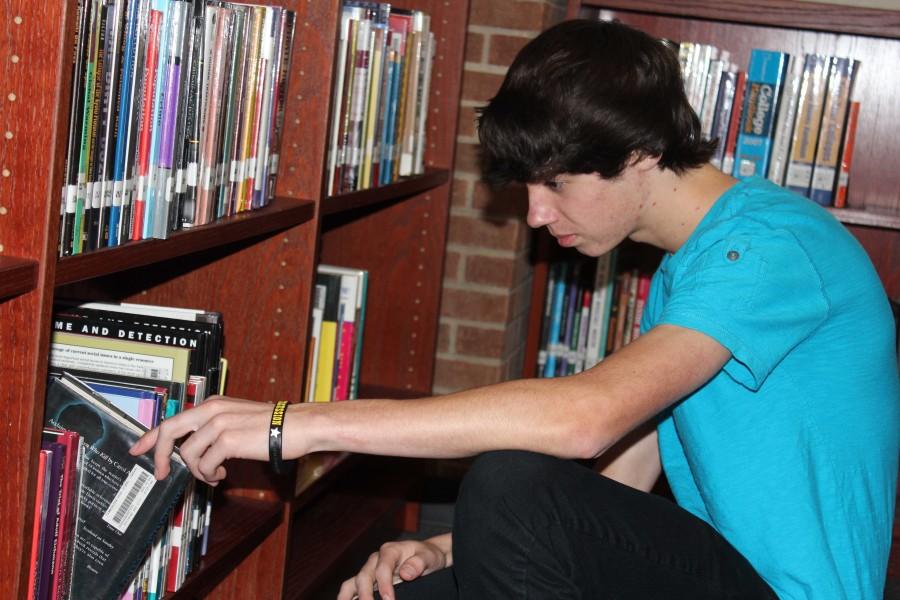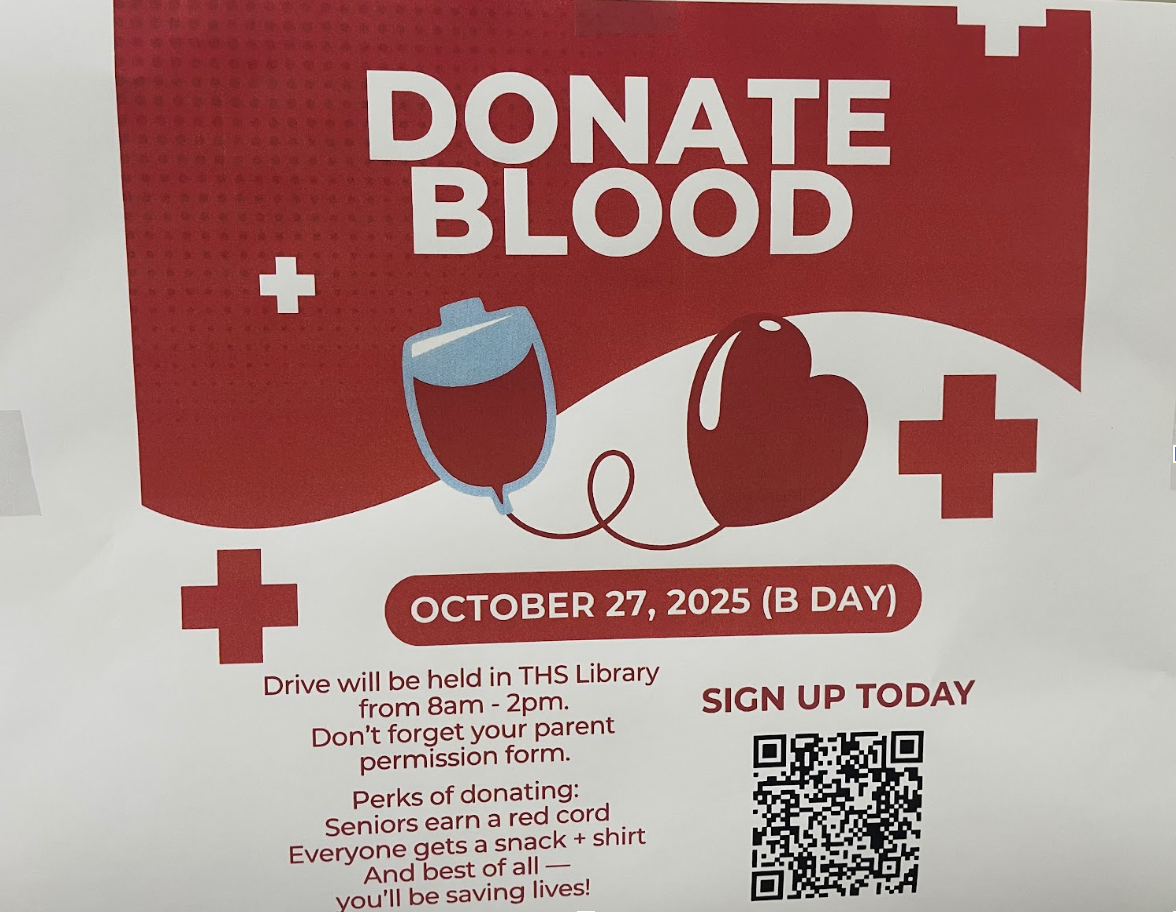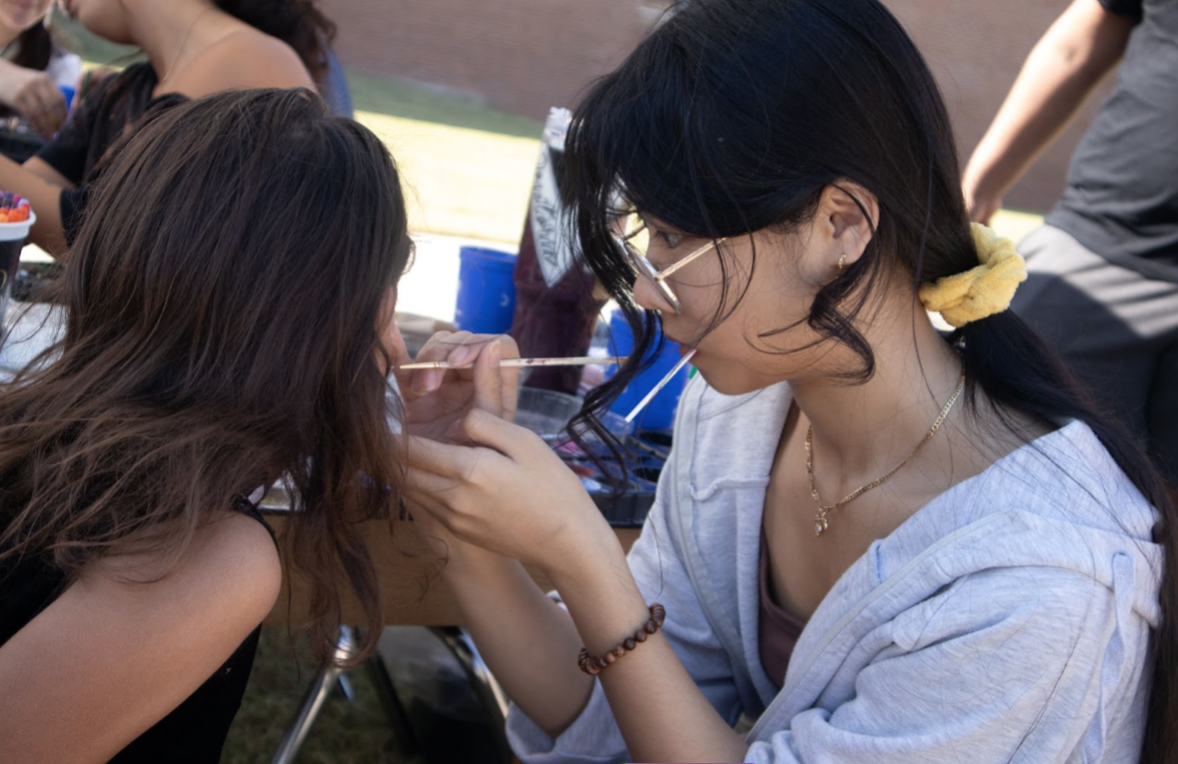Sophomore Copes with Learning Disability
March 30, 2015
While everyone around him is working to finish the assignment before the bell, sophomore Ian Sunder struggles to make sense of the jumbled letters. As time goes by, Sunder is still at work while his classmates are finished.
“(It takes me) longer to do some tasks like reading or writing,” he said. “I switch around my b’s and d’s or M’s and W’s.”
Sunder has dyslexia, a learning disorder characterized by difficult reading, which causes trouble understanding basic papers and instructions.
“I was tested for it (dyslexia) in kindergarten, and it was a problem because I couldn’t read up to (the) level I was supposed to,” he said.
Although Sunder has difficulties learning, there are systems put in place for students like him.
“I have a 504 accommodation, which gives me extended time periods for tests or homework,” he said. “If I have homework due the next day and I don’t have enough time to fully do it, I can get an extension on it.”
Sunder has developed organization skills.
“I try to focus and do my best on everything like homework, studying and preparing myself for anything that I need to get done,” he said. “It’s all about prioritizing.”
AP Human Geography teacher Lindsay Matthews said she accommodated to Sunder’s needs.
“I tried to work with Ian and his parents to come up with reading strategies that would work best (for) him,” Matthews said. “He was allowed more time to complete reading assignments and some writing assignments. I use iTunes U, so (he) could access the notes at home if he had a difficult time taking notes in class.”
Matthews said that many students, including herself, learn differently.
“It varies from person to person, but I think that more time is the best,” Matthews said. “I am also dyslexic, so what works for me is holding a paper under the line I’m reading in a book so that it doesn’t appear jumbled together. There are a lot of apps out there now that help a lot with dyslexia.”
At the end of the day, Matthews said progress depends on the student.
“I have seen improvement in Ian and other students, but I believe it’s more because of their hard work and patience than anything I have done,” she said.
Sunder said it is important that others learn about the disability.
“People with dyslexia are slower at reading and comprehending certain information, so more people should recognize what dyslexia is and who it affects so they can help and provide new methods of teaching,” he said.
Sunder said he is not letting it stop him.
“Not to brag or anything, but being dyslexic isn’t so bad,” he said. “I’m pretty sure Einstein had dyslexia, which shows that even (with) dyslexia, you still have the capability of being smart and well educated.”






